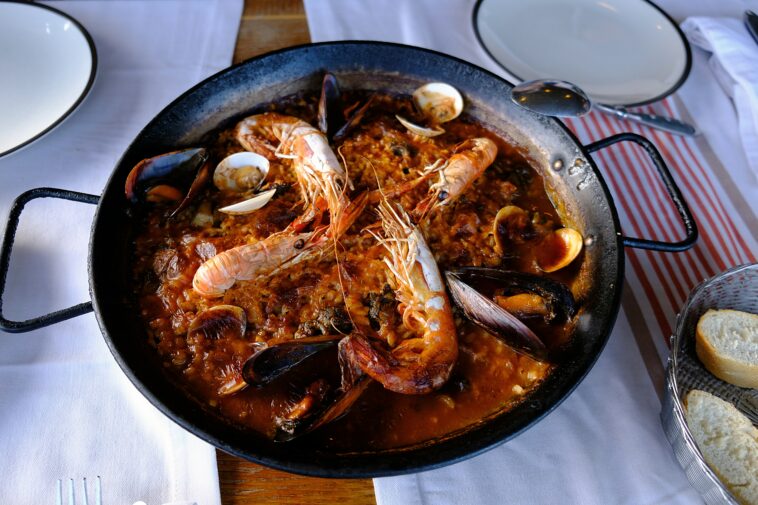Introduction:
French foie gras, revered for its decadent taste and cultural significance, embodies a rich culinary tradition that dates back centuries. However, as society’s values and ethical standards evolve, the production methods associated with foie gras have come under increased scrutiny. This article delves into the complex interplay between tradition, ethics, and sustainability within the world of French foie gras, exploring its historical roots, modern production processes, ethical considerations, and the quest for more sustainable practices.
Historical Legacy:
The tradition of foie gras can be traced back to ancient civilizations, where it was prized as a symbol of wealth and prosperity. In France, foie gras flourished as a culinary art form during the Renaissance, becoming synonymous with luxury and indulgence. Over time, it evolved into a cherished tradition celebrated during festive occasions and gourmet feasts, reflecting the country’s rich gastronomic heritage.
Production Methods:
Central to foie gras production is the controversial practice of gavage, where ducks or geese are force-fed to enlarge their livers. While this technique has been practiced for centuries and is integral to achieving the desired taste and texture of foie gras, it has faced criticism from animal welfare activists and ethical consumers. In response, some producers have explored alternative methods, such as ethical gavage and free-range farming, aimed at mitigating concerns about animal welfare while maintaining culinary excellence.
Ethical Considerations:
The ethical debate surrounding foie gras production revolves around the welfare of the animals involved in the process. Critics argue that force-feeding causes unnecessary stress and suffering to the birds, compromising their health and well-being. Proponents of foie gras, however, contend that when practiced responsibly, gavage is not inherently cruel and is essential for producing high-quality foie gras. As consumers become increasingly conscious of animal welfare issues, the industry faces pressure to adopt more transparent and humane practices.
Sustainable Practices:
In addition to ethical considerations, the foie gras industry is also grappling with environmental sustainability challenges. Intensive farming practices associated with foie gras production can have significant ecological footprints, including land use, water consumption, and greenhouse gas emissions. To address these concerns, producers are exploring sustainable farming practices, such as organic farming, regenerative agriculture, and minimizing waste, to reduce the environmental impact of foie gras production.
Culinary Innovation:
Despite ethical and sustainability challenges, foie gras remains a beloved ingredient in French cuisine, cherished for its unparalleled flavor and versatility. Chefs continue to innovate and experiment with foie gras, incorporating it into a wide range of dishes, from traditional terrines and pâtés to modern interpretations that showcase its depth and complexity. The creativity and ingenuity of chefs play a crucial role in keeping foie gras relevant in an ever-changing culinary landscape.
Conclusion:
French foie gras occupies a unique position in the culinary world, balancing tradition, ethics, and sustainability in an increasingly complex landscape. While deeply rooted in cultural heritage, its production methods have come under scrutiny, prompting the industry to explore more transparent, humane, and sustainable practices. As the industry navigates these challenges, the quest for a more ethical and environmentally sustainable approach to foie gras production will be essential in ensuring its continued enjoyment for future generations.

